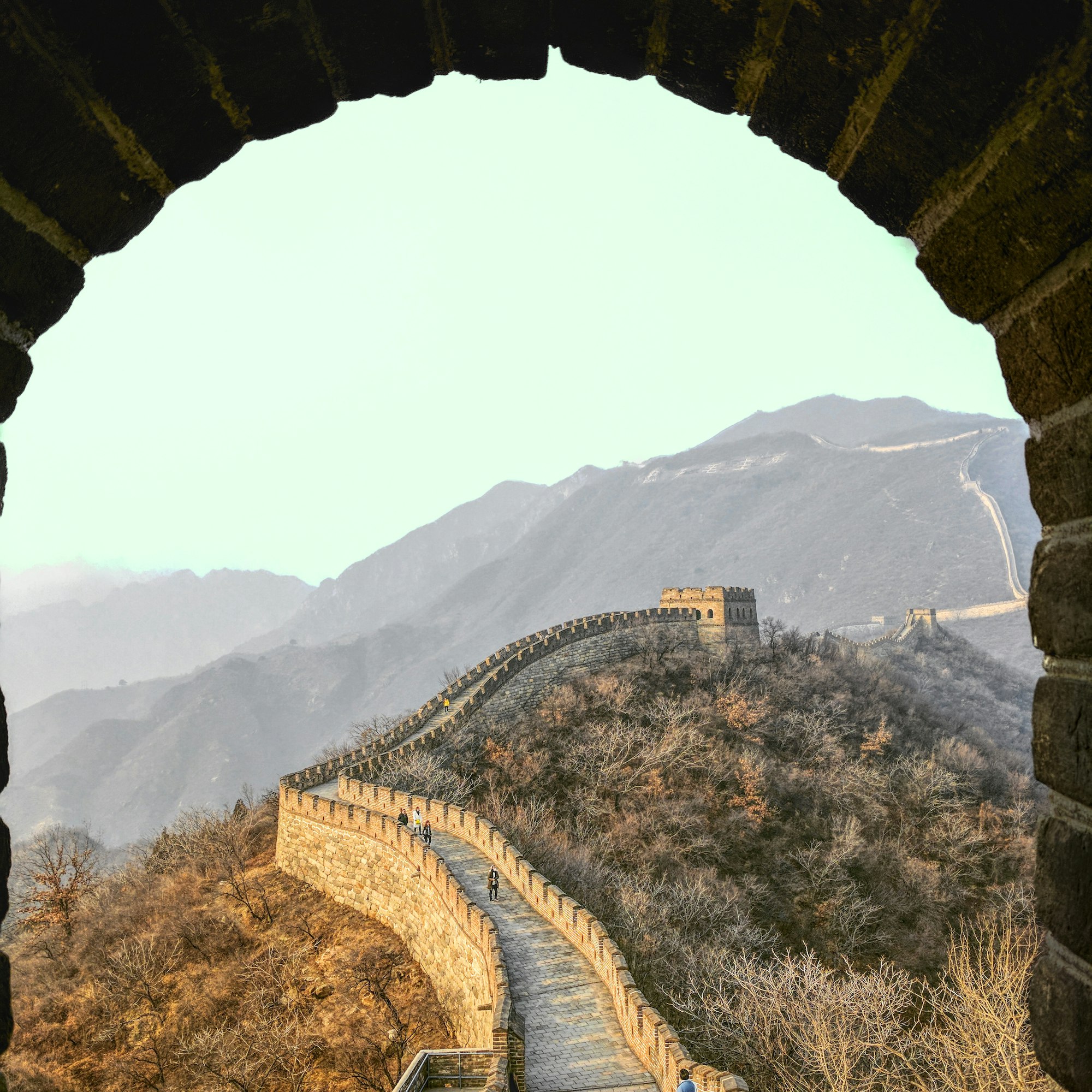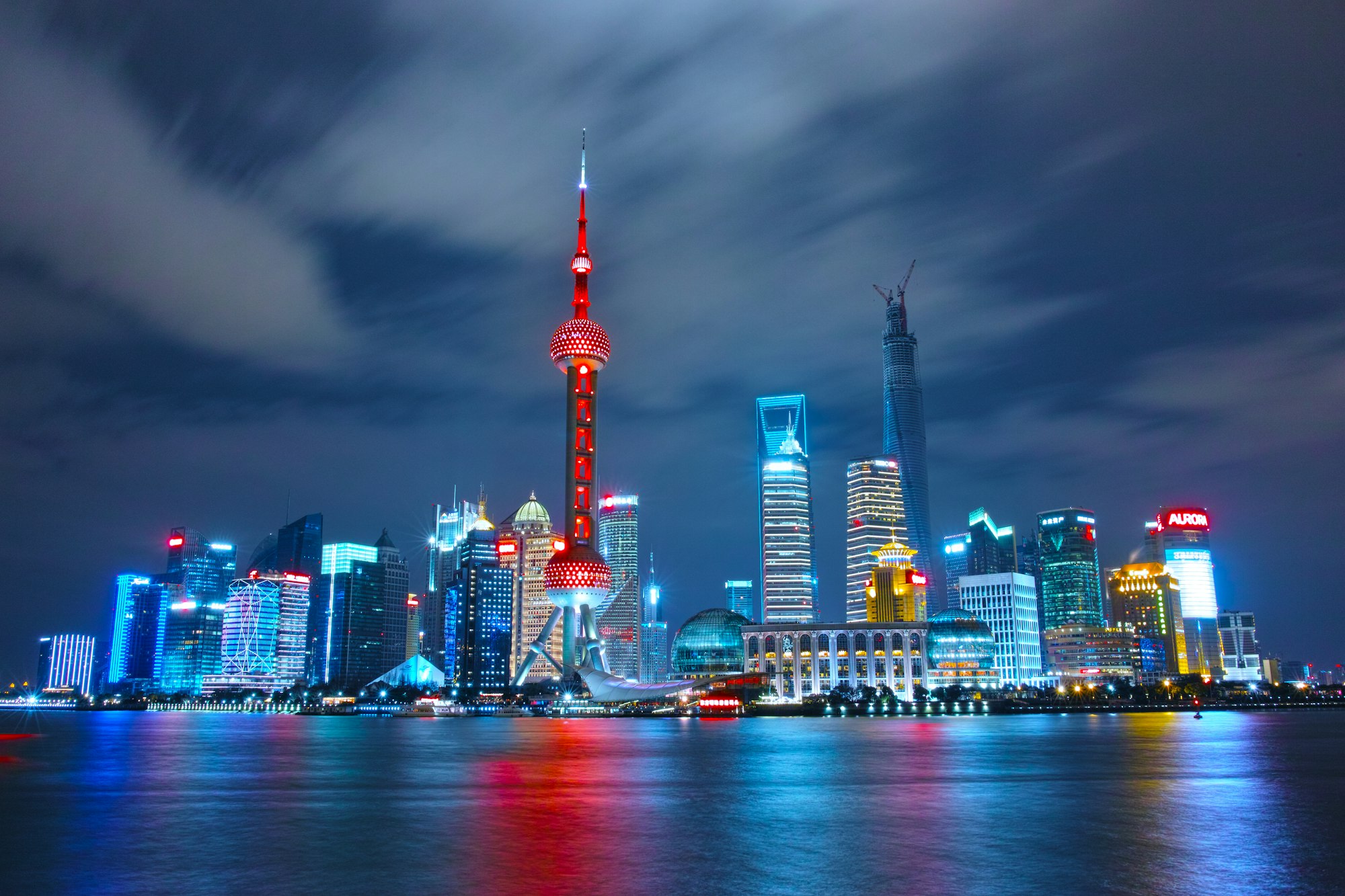China is on the brink of a banking crisis as Evergrande teeters, and there is no easy fix; technology, AI and renewables is China's only hope.
China critics have been talking about a bubble for years. In 2015 Capital Economics noted that there had never been a ten year period in which private sector debt had risen by more than 30 per cent, in which a banking crisis had not followed. It warned that in the ten years to 2014, private sector debt in China had increased by 70 per cent. It seemed that a banking crisis was imminent, and that was extremely worrying. Economists have long understood that recessions caused by a banking crisis tend to be deeper and longer-lasting than your normal recession. Take the 1929 crash, which led to bank failures; that was followed by an economic depression. Or take the 2008 crash, the recession that followed was nasty, and arguably we have still not paid the full price.
And yet, six years on, the Chinese banking crisis has not occurred and that despite China's private debt increasing from around 140 per cent of GDP in 2014 to around 180 per cent today.
But these things can develop slowly, and right now, the giant Chinese real estate developer Evergrande seems to be on the brink of collapse.
The jury is out on what the immediate implications are.

LTCM and Evergrande
Some suggest it is a bit like 1998 when The Fed, in conjunction with the IMF and what Joseph Stiglitz calls the Washington Consensus, bailed out Long Term Capital Management or LTCM, a US hedge fund. LTCM applied a 'foolproof' way to invest client's money building upon the Black-Scholes model, a sophisticated model that earned its creators a Nobel Prize. The hedge fund became huge, with its financial tentacles reaching far and wide. However, there was a snag — models like Black-Scholes can backfire when other financial institutions become savvy to them. When that happens, it is those who follow the model that can look like fools. In 1998, following the Asian and Russian crises, the LTCM leverage model led to a $4bn loss; it was on the brink of collapse. Fed chair Alan Greenspan believed that the collapse of LTCM would lead to a wider banking collapse, and with a little help from his friends at the IMF and politicians from around the works, including UK chancellor Gordon Brown, orchestrated a bailout.
The problem receded, but the LTCM crisis did leave a legacy. The bailout imposed massive moral hazard, financial institutions paid a low price for their lack of prudence and, in this way, suggest some critics of Greenspan, the seeds were sown for the 2008 crisis.
Lehman Brothers
Others draw a parallel with Lehman Brothers, the bank which collapsed so spectacularly in 2008, creating a full-blown banking crisis.
More like LTCM
The consensus seems to be that this crisis is more like LTCM and for two reasons:
- Firstly, the Chinese government is not likely to sit back and let Evergrande collapse, precipitating a full-blown crisis; it is more likely to behave like Greenspan than Hank Paulson, Treasury Secretary at the time of the collapse of Lehman.
- Secondly, and this relates to the point above, unlike the 2008 crash, the Evergrande crisis does not come as a surprise — maybe the details were not predicted, but the overall nature of the crisis was — this is not what they call a Black Swan Event
Lesson of subprime mortgage
One of the lessons of the 2008 crash and sub-prime mortgages is the danger of complacency. In 2006, the IMF famously said that thanks to the innovation of mortgage securitisation, the chances of a banking crisis had significantly reduced.
The FT quoted Ming Tan, a director at the credit rating agency Standard & Poor's, saying: "Banks' exposure to Evergrande is quite distributed across the sector." He added: "The main risk for China's financial system would be "other highly leveraged developers to default at the same time." Many onlookers got a nasty dose of deja vu after reading that.
The economist Hyman Minsky developed a theory of credit bubbles. He argued that a growing economy needs debt to grow, but that debt is like an addiction, and the ultimate result is a point when debt becomes unsustainable, and there is a significant crisis — what commentators call a Minsky Moment.
Right now, very few believe China is on the brink of a Minsky Moment.
China Symptoms
It is however important to appreciate the underlying forces at play — and we need to keep drilling down to find the deeper problem behind the current Chinese challenge.
At the top level is debt. Although there is more to this crisis than Evergrande, debt levels are there, and for as long as they are so high, there is a danger of a banking crisis.
Look a bit deeper, and you see a bubble-like construction boom creating houses, roads, factories and shopping precincts that no one seems to need. And it appears many are poorly made; this video highlights the problem beautifully.
Keep digging and you find an economy that needs to rebalance. At this stage in the last decade and indeed before, China's problem was an over-reliance on exports and a cheap currency. To a very large extent, it has rebalanced such that investment and has become more important in pushing the economy forward.
Look deeper still, and you find an extraordinarily high savings ratio in China — high savings to GDP means low consumption to GDP. The high savings created the foundations at first for the export-led boom, and now an investment-led boom. Neither were sustainable. There is some goods news in that respect; the Chinese savings ratio had fallen from around 51 per cent in 2010 to about 44 per cent in 2019.
That is still too high. Superficially it may seem odd that China has both high savings and high debt, but actually, the former helped create the latter.
In addition, China faces a demographic crisis — it is ageing more quickly than any other country on Earth. It may have dropped the one child per family policy, but the resulting cultural changes and high male-to-female ratio led to deep problems.
Finally, China is both a rich and poor country; in terms of GDP, it is the second richest country in the world; in terms of GDP per person (capita), it is still a developing country.
It is very unusual for developing countries to join the rich league. Singapore and South Korea are the only exceptions, and maybe China is no different from the rest.
The economy needs to grow fast, or its debt will catch up with it. Remember, debt to GDP matters, so if GDP is growing rapidly and debt is unchanged, then debt to GDP must be falling. This is how the UK, for example, was able to reduce its massive levels of government debt to GDP after both the Napoleonic Wars and World War II.
China says that it is now growing at around 6.5 per cent a year — compared to around ten per cent a few years ago. George Magnus, author of Red Flags: Why Xi's China Is in Jeopardy, reckons growth is more like five per cent and projects it will soon fall to around 3.5 per cent.
In other words, China is hitting the classic middle-income trap that has proved almost impossible to cross for other emerging markets.
If that is right, then Chinese debt levels are unsustainable, and whether or not we have a Minsky Moment in 2021 or 2031, it would seem that under the above scenario, such a moment is inevitable.
Xi and Wen
It is also important to appreciate that the Chinese leadership understands the problem.
The previous Chinese Premier, premier Wen Jiabao, a high profile politician famous for carrying a copy of Adam Smith's "Wealth of Nations" to international summits, said: China's economic growth "is unstable, unbalanced, uncoordinated and unsustainable."
More recently, President Xi Jingping has said the Chinese economy is unbalanced and inadequate to meet the people's need for a better quality of life.
He also argues that 'property should be for living in, not residential'.
The backlash against Chinese business leaders is part of this, a sense that the economy is not serving the people. And in some respects, President Xi is doing what many westerners want their government to do, act in the interests of the people and not business — or so goes their narrative.
Too big to fail
The Evergrande boss is a powerful man, and he has been doing the kind of things Westerners know all too well, like clubbing together with Jack Ma (the former Alibaba boss) to buy a football team that went on to win the Chinese football league. Is he too important, is Evergrande too big to fail?

Growth but how
Actually, while Chinese debt to GDP is high, as a proportion of GDP, it is not excessive compared to western economies. The difference is that the debt has grown super-fast. China is a developing country, and developing countries seem to be unable to carry the same debt levels to GDP as advanced economies.
What China needs to do to get out of this mess is for its economic growth to exceed growth in debt.
And here is the opportunity, but it is nuanced.
Digital Transformation and AI
Digital technologies create an opportunity for China in two respects. As a general rule, digital technologies entail much lower barriers to entry than traditional industries— that is why we have seen a raft of challenger banks in the West, offering internet-only services, successfully compete against traditional banks.
There is even more to digital technologies supporting developing countries than that. Digital education, online banking, locally generated energy using renewables, decreasing the reliance on the grid, even blockchain creating an immutable way of recording property rights; are likely to create a kind of convergence for all emerging markets, not just China. Because of digital technologies, the opportunity to close the gap with the developed world has never been greater.
As for AI, China is quite simply emerging as an AI superpower.
Before we go any further, it is important to appreciate that not everyone thinks China has a significant edge in AI. In an article for Foreign Affairs, Carl Benedikt Frey and Michael Osborne argue that China is unlikely to win the AI race.
As ever with the two Oxford University scholars, their rationale is well-considered and their analysis outstanding.
They liken China today to Japan in 1990, when its rise to dominance seemed inevitable. Then, demographics and an asset bubble combined with suffocating the Japanese economy may well happen in China, but at a point when Chinese GDP per capita is modest, and the country's ability to deal with the issues is not so strong.
On the other hand, this is not 1990. Technology today is not like it was in 1990. The computer revolution had begun back then, but it was more a case of potential than actual.
Whether you agree with Frey and Osborne or not, may depend on your view of technology. The so-called Third Industrial Revolution (the IT revolution) occurred amid the Japanese lost decades but it could not fix Japan's problems.
The Techopian view, which underpins the rationale for this publication, is that the current pace of technology change is without precedent. In any case, Japan played more of a 'bit part' in the IT Revolution, which was focused on Silicon Valley. Today, Silicon Valley itself may be in decline. So while you can argue over whether China is number one or two in AI, it is surely hard to disagree that China's role in AI this decade is likely to be greater than Japan's role in IT during the 1990s.
China also has another quite subtle advantage in AI, which has to do with trust and privacy. AI needs data, but Western sentiments have put a huge emphasis on privacy. Okay, GDPR is an EU thing, but GDPR type regulations are springing up all over the US. By contrast, Chinese privacy regulations are quite different. Even without regulations, it does seem that Westerners are more concerned about their privacy — this means they may go to lengths to protect their privacy. By contrast, in China, cultural attitudes are such that privacy seems to be a less significant issue.
China then may have an advantage in AI because its cultural attitudes are more sympathetic towards collecting data.

Renewables
China has another advantage over the West. Climate change not only represents the biggest threat to humanity, the cost of fighting it will create a multi-trillion dollar industry. And in renewables, China is by far and away from the market leader. From solar and wind to high voltage long-distance transmission to energy storage, China's expertise in this area is such that it could potentially become to renewables what OPEC is to oil — the analogy isn't perfect, of course, in the case of renewables, it is China's expertise and not natural resource which is creating opportunity.
The challenge and opportunity
China is an emerging market, and history shows that most emerging markets never leap into the rich country club. China also has massive debts, but perhaps more importantly, these debts have funded bubble-like investment into infrastructure that may have created a whole set of other problems. Demographics and the Chinese high savings ratio compound the problem further.
To get out of the debt/infrastructure bubble, China needs to carry on growing at a brisk pace. China's opportunity lies with its growing expertise in digital technologies, AI in particular and renewables. In any case, digital technologies create an unprecedented opportunity for emerging markets to close the gap with the developed world.
Whether China can lead the AI revolution or do a Japan, or even suffocate under a mountain of debt used to fund ineffective infrastructure, remains to be seen.
The Evergrande crisis is more like LTCM than Lehman, and there is no Minsky moment yet. But without an AI and renewables revolution, a Minsky moment will probably come, and sooner rather than later, too.






Related News
Liz's poisoned chalice and the hint of hope
Sep 06, 2022
Cut profits to pay workers: does it make sense?
Jul 05, 2022
Is rationing the solution to the cost of living crisis?
May 30, 2022